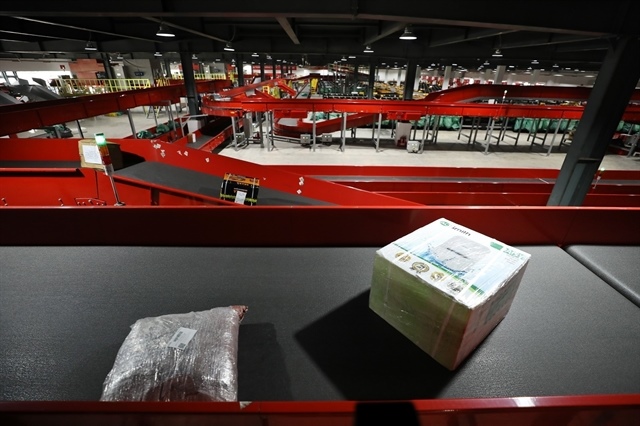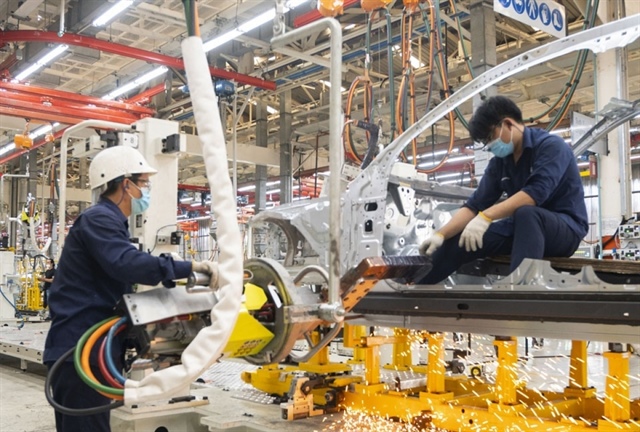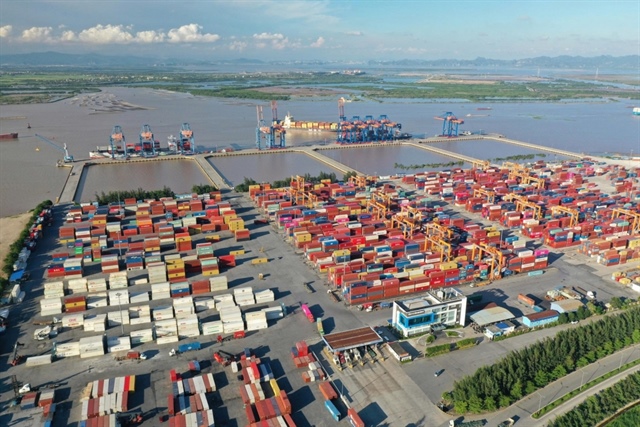Vietnam makes 'impressive' growth despite global slowdown
Vietnam makes 'impressive' growth despite global slowdown

The spat between Washington and Beijing has dragged on for 18 months, as both have inflicted punitive tit-for-tat tariffs on hundreds of billions of dollars of goods.
But Vietnam has seen a leap in exports to the US, which has prompted businesses to migrate there from China as it is viewed as a safer, and cheaper, manufacturing hub.
Analysts have warned that short-term gains for countries like Vietnam may drop off if the ongoing row continues.
Yet 2019's GDP surpassed the Southeast Asian government's set target of 6.8 percent, hitting 7.02 percent, according to figures released Friday by the General Statistics Office in Hanoi.
The gains were "impressive" given the global context of slowing growth and worsening US-China trade tensions, said an online statement posted by the agency.
Trade turnover reached a record US$517 billion this year.
But there remains a gradual decline in export growth, according to a World Bank report - dropping from 21 percent in 2017 to 8 percent in 2019.
Economists say the slowdown shows Vietnam is not immune to external shocks on its path for development, which has been "limited" to manufacturing goods.
"It has not improved in terms of science and technology," To Trung Thanh, an economics professor at Hanoi's National Economics University, told AFP.
He added the country needs to be better suited to the digital age by boosting the quality of its labor force to achieve sustainable growth.
One of Asia's fastest growing economies over the past decade, Vietnam's growth has been largely driven by the exports of cheap manufactured garment and footwear goods to higher tech products like Samsung phones and Intel computer processors.
The country also signed a milestone free trade agreement with the European Union earlier this year, which promises slashed duties on almost all goods.
As Vietnam enters a new decade the long-awaited pact creates a "good environment for trade and investment", said Michael McAdoo of Boston Consulting Group earlier this month during a briefing.
























